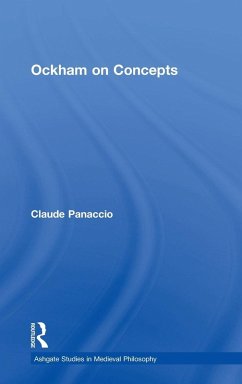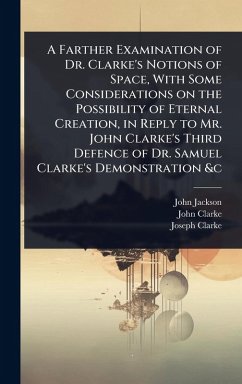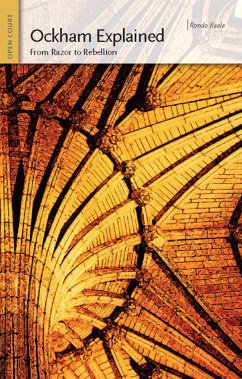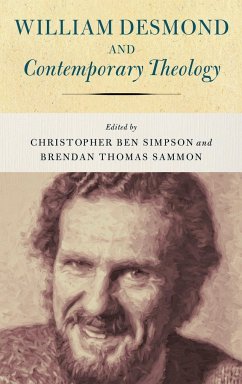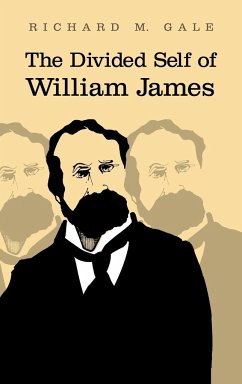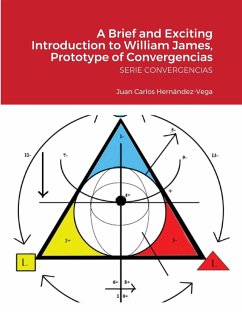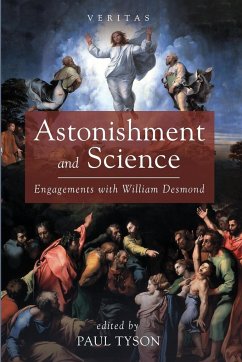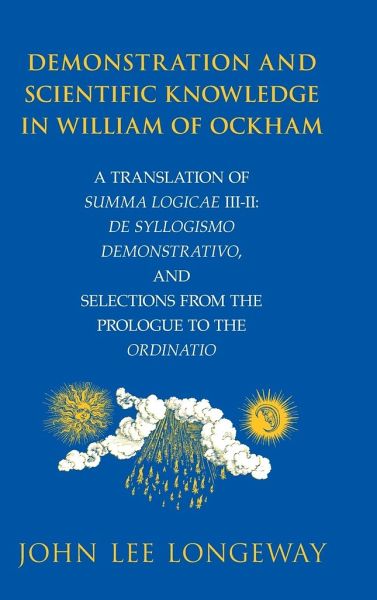
Demonstration and Scientific Knowledge in William of Ockham
A Translation of Summa Logicae III-II: De Syllogismo Demonstrativo, and Selections from the Prologue to the Ordinatio
Versandkostenfrei!
Versandfertig in 1-2 Wochen
51,99 €
inkl. MwSt.

PAYBACK Punkte
26 °P sammeln!
This book makes available for the first time an English translation of William Ockham's work on Aristotle's Posterior Analytics, which contains his theory of scientific demonstration and philosophy of science. John Lee Longeway also includes an extensive commentary and a detailed history of the intellectual background to Ockham's work in the Latin Middle Ages. Longeway puts Ockham into context by providing a scholarly account of the reception and study of the Posterior Analytics in the Latin Middle Ages, with a detailed discussion of Robert Grosseteste, Albert the Great, Thomas Aquinas, Duns S...
This book makes available for the first time an English translation of William Ockham's work on Aristotle's Posterior Analytics, which contains his theory of scientific demonstration and philosophy of science. John Lee Longeway also includes an extensive commentary and a detailed history of the intellectual background to Ockham's work in the Latin Middle Ages. Longeway puts Ockham into context by providing a scholarly account of the reception and study of the Posterior Analytics in the Latin Middle Ages, with a detailed discussion of Robert Grosseteste, Albert the Great, Thomas Aquinas, Duns Scotus, and Giles of Rome. In a series of appendices, Longeway includes shorter translations of some important related work by Giles of Rome and John of Cornwall. In his introductory discussion, Longeway examines the exact character of the highest sort of demonstration (demonstratio potissima), the relations of the empirical sciences to mathematics, natural causation and the manner in which natural laws come to be known, the possibility of natural knowledge, our knowledge of God, and the relation of theology to the other sciences. Longeway discusses the way in which scientific epistemology and theory of demonstration corresponds to the metaphysical position of its interpreter, in particular to the Neoplatonism of Grosseteste, the radical Aristotelianism of Giles of Rome and Albert the Great, the more moderate Aristotelianism of Aquinas, and the nominalistic empiricism of Ockham. Throughout the book, Longeway makes a case for Ockham's importance as the founder of Empiricism in the West.





